ECTS:
6
Περίγραμμα Μαθήματος

e-Class
Το μάθημα εισάγει τον φοιτητή στον χώρο σε θέματα Δικτυακής Οικονομίας και της εφαρμοσμένης οικονομίας στο χώρο των μεταφορών και της εφοδιαστικής αλυσίδας. Με συστηματική ανάπτυξη της θεωρίας και παρουσίασης σχετικών υποδειγμάτων αποτυπώνονται τα κύρια στοιχεία management and business development, με έμφαση στην ανάπτυξη, διαχείριση, λειτουργία,
αξιολόγηση και παρακολούθηση επιχειρηματικών δράσεων στη λειτουργία μεταφορικών συστημάτων και δικτύων, καθώς και επενδυτικών σχεδίων στις υποδομές μεταφορών.
Το υλικό του μαθήματος και το περιεχόμενο των διαλέξεων συμβάλλουν στα εξής μαθησιακά αποτελέσματα:
– Ικανότητα αντίληψης των σχέσεων:
o Ζήτησης – Προσφοράς, Παραγωγής – Κατανάλωσης
o Άυλων στοιχείων και μεταβλητών, Προσωπικού – Παραγωγής
o Τιμολόγηση υπηρεσιών – Εφοδιαστική αλυσίδα – Ικανότητα αντίληψης των κύριων παραμέτρων στις δικτυακές οικονομίες, αναφορικά με το περιβάλλον
ανάπτυξης και τη λειτουργία:
o Μεταφορών, Ενέργειας, Τηλεπικοινωνιών
o Δραστηριοτήτων που εξαρτώνται άμεσα από τις μεταφορές, όπως Τουρισμός, Εμπόριο κλπ – Ικανότητα ανάλυσης, διερεύνησης και αξιολόγησης σχεδίων στη βάση του διεθνούς χαρακτήρα και των σχέσεων στην οικονομία και management :
o Μεταφορών
o Εφοδιαστικής αλυσίδας – Ικανότητα ανάλυσης και αποτύπωσης συμπερασμάτων στον τομέα των μεταφορών και της εφοδιαστικής αλυσίδας για:
o Επενδύσεις σε μεγάλα έργα υποδομής
o Σχεδίων ανάπτυξης σε τοπική και εθνική κλίμακα
o Σχεδίων ιδιωτικοποίησης
Οι φοιτητές με την ολοκλήρωση του μαθήματος θα είναι σε θέση να:
– Γνωρίζουν τις βασικές αρχές τιμολόγησης υπηρεσιών και προϊόντων με βάση το κόστος μεταφοράς και διανομής.
– Αναλύουν ένα πρόβλημα υλοποίησης επιχειρησιακού σχεδίου με βάση το οικονομικό περιβάλλον καθώς και τη δομή, την λειτουργία, τον ανταγωνισμό και το θεσμικό πλαίσιο στον τομέα των μεταφορών και των συστημάτων διανομής.
– Υπολογίζουν, παραμετροποιούν , αξιολογούν και παρουσιάζουν αναλύσεις στη βάση ειδικών οικονομικών εννοιών που εφαρμόζονται στις οδικές, σιδηροδρομικές, θαλάσσιες, αεροπορικές και συνδυασμένες μεταφορές, όπως Ανταγωνισμός
– Συμπληρωματικότητα, Ρύθμιση
– Απελευθέρωση, Δημόσιο
– Ιδιωτικό, Κυκλικότητα
– Αντικυκλικότητα, Φορολόγηση
– Επιδότηση, Αξία χρόνου
– Υπηρεσιών, Κόστος ατυχημάτων – Ζωής.
– Διερευνούν θέματα προσφοράς και ζήτησης, κόστους αποθήκευσης και διανομής με μεθόδους και τεχνικές της οικονομικής των μεταφορών στη βάση της στατιστικής ανάλυσης, επιχειρησιακής
έρευνας, θεωρίας μάνατζμεντ, οικονομετρίας, μακροοικονομίας και μικροοικονομίας.
– Αναλύουν θέματα γενικευμένου κόστους, ελαστικότητας της τιμής, τιμολογιακής πολιτικής και αξιολόγησης επενδύσεων σε υποδομές και δίκτυα με έμφαση στις μεταφορές.
– Προσδιορίζουν την απόδοση τόσο στο πεδίο των μεταφορικών εταιριών όσο και των επενδύσεων Δημόσιου και Ιδιωτικού χαρακτήρα με εφαρμογές από τον ελληνικό και διεθνή χώρο
(Μελέτες βιωσιμότητας – σκοπιμότητας).
Καθηγητές
Επιλέξτε για να δείτε περισσότερες πληροφορίες για κάθε καθηγητή.
| Όνομα | Τίτλος | |
|---|---|---|
| Δημητρίου Δημήτριος | Πρόεδρος Τμήματος, Καθηγητής | ddimitri@econ.duth.gr |

